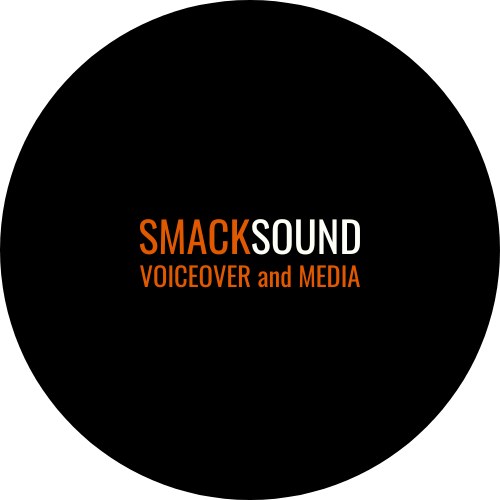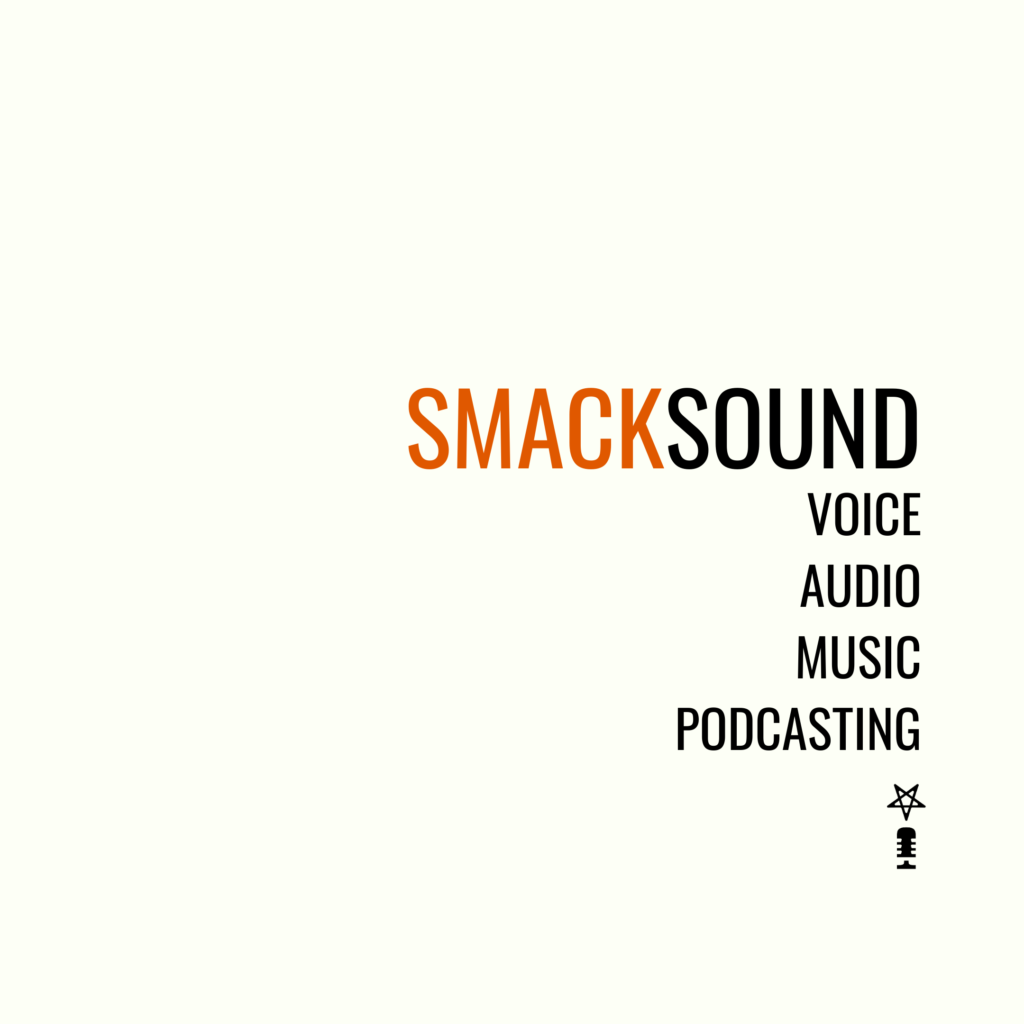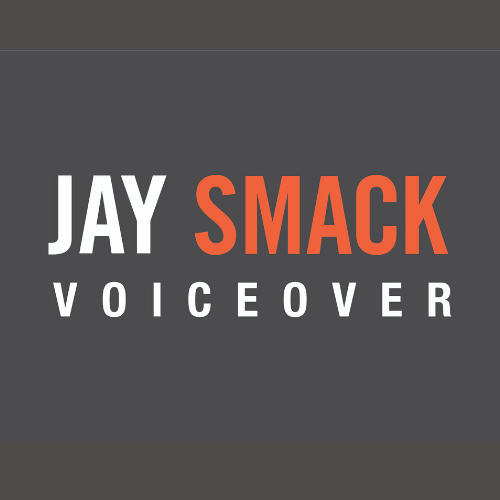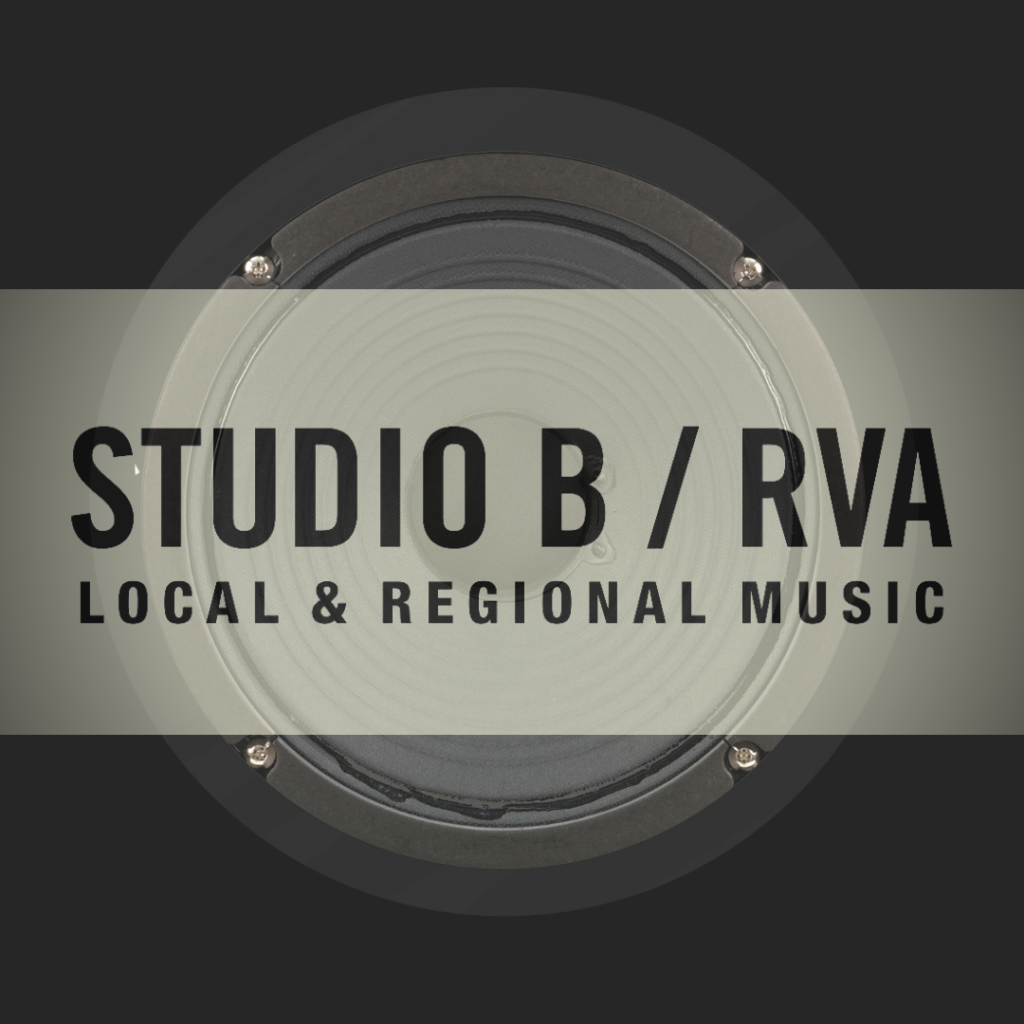As a professional voice talent, or “voiceover artist”, or “voice actor”, or whatever else it’s called, people often ask me how they can get into the business. They’ve been told they have a good voice and they should get into voiceover. Or they have a talent for doing characters or impressions. The spoken word and people’s voices are something that we can all relate to. It’s totally understandable. “You get paid to talk?!” Yeah. Well, sort of. I get paid to talk.. now. I didn’t get paid to talk a couple decades ago when I was breaking into radio, then working in the advertising industry writing copy, developing marketing plans and recording and producing commercials and audio content, then working as a recording engineer and producer for studios and production companies. More accurately, I was occasionally getting paid to talk because the voiceover thing was more of a side gig. But truthfully, I was always doing it, always fascinated by it, always practicing it and studying it. And I was always thinking that perhaps, one day, it would be my main gig. Because in this weird, dynamic, ever-changing business a couple of the best and most useful things you can be is versatile and willing to adapt.
So if you want to break into voiceover, assuming you’ve got a knack for it and have been at least practicing and remaining aware of trends and such, the first thing you should do is find a coach. Top tier coaches may not be the place to start. Although you can try. There are coaches in L.A. and New York and other big markets (where there are a lot of studios and production companies and talent agencies and CLIENTS) who are working with talent that consistently book national-level projects. If you can get in with one of them go for it, but be prepared to be broken down before being built back up. You probably want to start with someone a little closer to home or without such a long waiting list. And there are a lot of great coaches who are very accessible and very affordable. Talent knows no boundaries. So ask around. Join some Facebook groups. Find other talent and see who they studied with.
Once you’ve found a coach, be prepared to work on your craft for a while – like, a couple years. Seriously. You might get good enough to book some gigs more quickly than that, or it could take even longer. But you need to learn how to break down copy and have it become second nature. You need to be able to see the writing techniques that copywriters are using as they lay there on the page and then interpret them via inflection, mic technique, mood, dynamics, speed, etc. It is acting, after all. And there are no eyebrows, wrinkled noses, smirks or incredulous looks to telegraph what it is you (or more accurately the copywriter, or even more accurately the client) are communicating. Like anything else, it takes time to fill your toolbox.
After you’ve acquired some tools you need to make them yours. You need to engrave your name on all those techniques. Because even when it comes to characters you need to bring something to the performance that no one else can bring. That something is you. You need to sound authentic – especially now. Today’s audience is extremely media savvy. And when I say media I’m including social media, online content, video games, anywhere actors or spokespersons are relaying a message. Today’s audience has seen and heard it all. And if you come at them with anything other than a “conversational” delivery when that’s what’s being called for, they won’t even bother ignoring it because it will never have landed with them in the first place. It simply won’t get through because it smacks of inauthenticity.
Oh, and be prepared to have failure be a regular part of your day. And that’s not offered in a negative spirit at all. Winning auditions are definitely about talent, but also about numbers. Most of the jobs you audition for you will not get. That’s just part of the business. More often than not it’s just because you just weren’t what the client was looking for. You wouldn’t hire Robert DeNiro to play .. I don’t know .. Thor. Would you? Well, he could probably pull it off, but you get the idea.
There are other hurdles, nay “opportunities” that come along the path to becoming a professional voice talent such as building a mic locker, software to record and edit, sound treatment, marketing, websites, representation, etc. But most of that will reveal itself to you along the way as long as you engage and stay engaged with the voiceover/production/post-production/general creative community.
We haven’t addressed demos. At some point you will need to have demos of various voiceover genres. Demos are your audio calling cards. Commercial, explainer, corporate, radio imaging – these are all different types of demos that will provide examples of what you’re capable of. It’s often a good idea to either have your coach produce your first demo when you can both agree that you are ready, or find a qualified demo producer. Don’t skimp on demos. Good demo producers write scripts for you and emphasize your strengths and range. Open with your strongest reads and keep clips short enough to keep it moving and long enough to get an idea of your abilities. Five to ten seconds for each clip is a solid length. And around one minute or slightly longer is a good length for the full demo. But if potential clients, agents, etc., don’t hear something they like or something they’re looking for within the first few seconds of listening to your demo they won’t continue to listen.
I’ve included a couple interesting resources at the top of the post. Check them out and feel free to share any you think might be helpful to other folks crazy enough to get into this amazing, fascinating, creative, exciting, crazy, unpredictable business.





